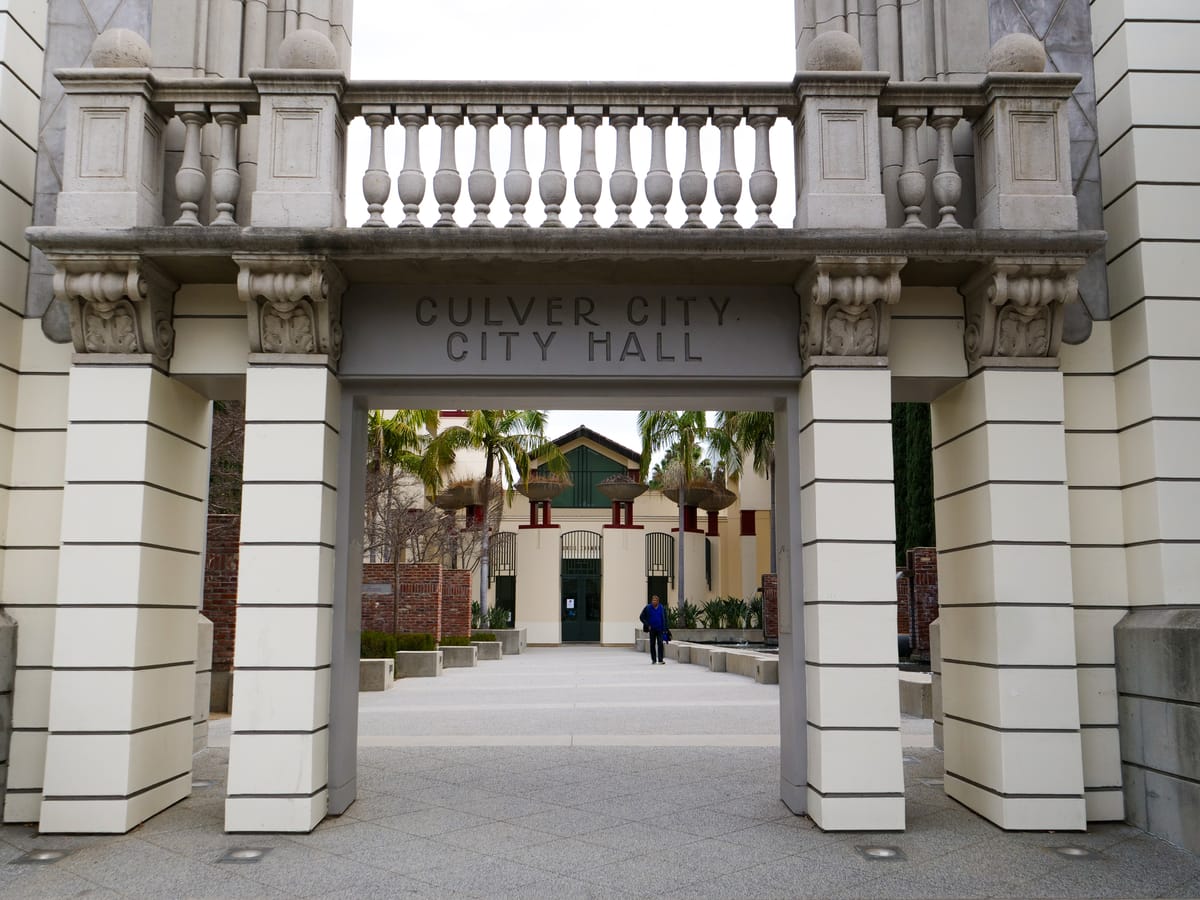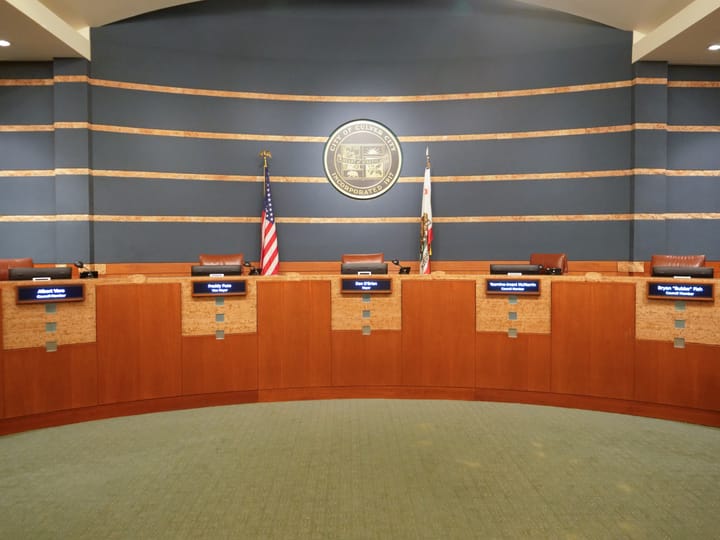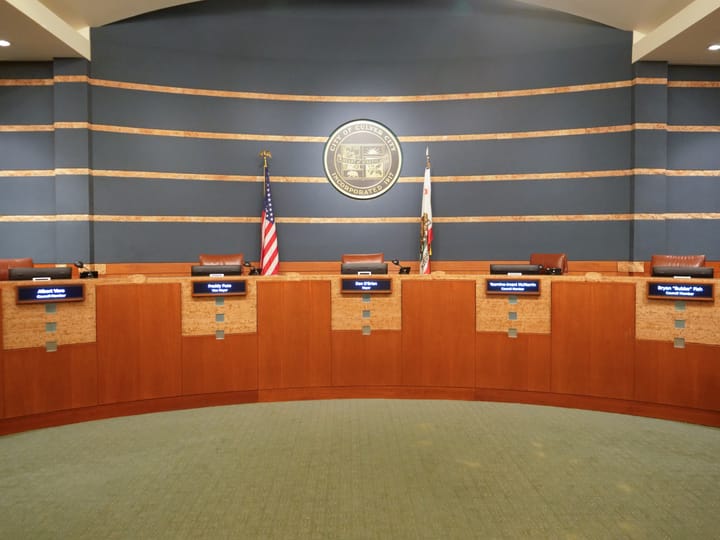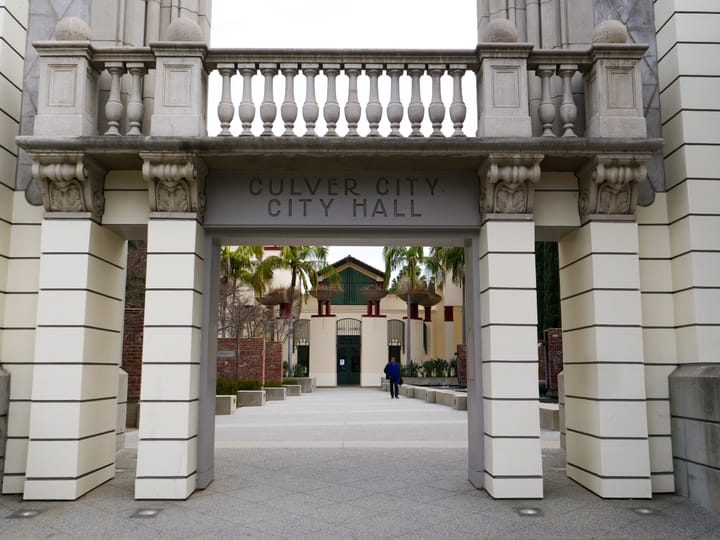City Fees increased to generate revenue
Adjustments were made to achieve 100% cost recovery and align with standards set by other nearby municipalities

Costs for your 4th of July Block Parties will see a noticeable bump next year.
As part of its evaluation of potential revenue sources for the city's budget, the city council adopted increases to fees for several city services for the current fiscal year, which started July 1. Many of the fees Culver City charged for services did not achieve 100% cost recovery, so the city has been working to adjust these fees to offset increasing expenditures.
Several major changes were also made to align with the standards set by nearby municipalities. This includes more than doubling the base fee for Ambulance Transport with Basic Life Support (BLS) and Special Ancillary Services from $1,010 to $2,276 per person transported and the base fee for Advanced Life Support from $1,412 to $3,408 per person.
These changes were made to align with the Los Angeles County Emergency Medical Services Authority (LACEMSA). The cost of Oxygen for ambulance patients is being increased from $64 to $120, and the cost per mile of transport is up from $19 to $30.
Adjustments to engineering user fees are expected to generate $62,000 annually for the city's General Fund. Among them are a bump in price for street closures for block parties like those commonly held for the Fourth of July, which has been increased from $154.65 to $265.99.
Councilmember Bubba Fish noted that he had already heard some discontent with an increase to the Block Party fee included in this update. CFO Lisa Soghor said that the city will monitor trends related to these fees for a full year, and will know then if the increases were a deterrent to people using these services and can come back to council with further updates.
Additionally, an administrative amendment was read into the record prior to the motions passage that exempts “utility companies performing emergency work to ensure public safety in the city” from having to pay fees associated with their work.
Sewer service charges are also being increased, but money from these charges do not go to the city's General Fund. While the costs for the city's sewage service are funded through a restricted sewer refuse, the increase in operating costs throughout Culver City have even impacted this fund.
As a result, the city will continue to increase the sewer charge for this fiscal year. These changes are generally based on the Bureau of Labor Statistics' February Consumer Price Index for the Los Angeles area for the prior 12-month period, with this year's increase based on the period ending in February 2024.
This would be the sixth time since that study that the rate has been increased for the forthcoming year, but this 3.1% escalation will be the first increase since the 2020-21 fiscal year.
The following table shows the new sewer refuse fees by the type of use or building that is being charged. Water consumption is measured in Hundred Cubic Feet (HCF), which is equivalent to 748 gallons.




Comments ()